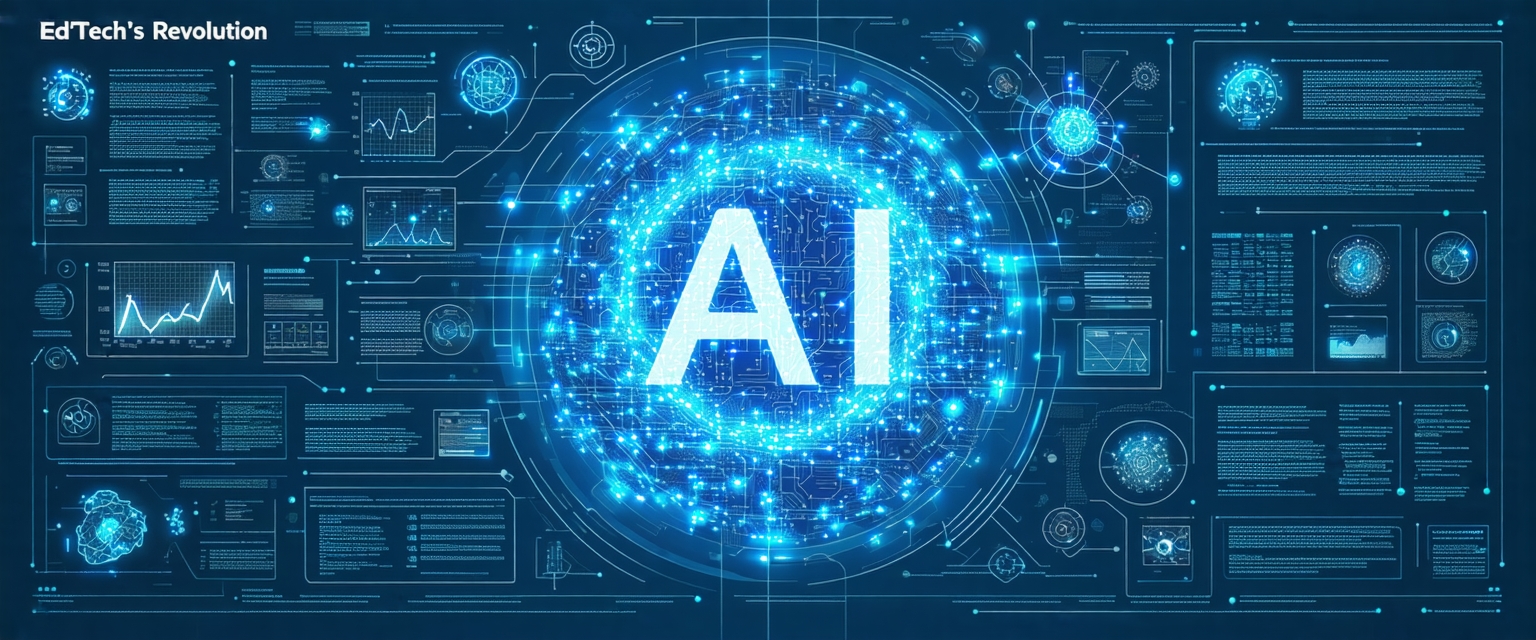






The landscape of educational technology is rapidly evolving, driven by advancements in artificial intelligence (AI) and machine learning (ML). These innovations are transforming how students learn and educators teach, promising a more personalized and effective learning experience.
For years, EdTech has focused on delivering digital content and tools. However, the integration of AI is adding a layer of intelligence, enabling systems to adapt to individual student needs in real-time. Early examples included basic adaptive learning platforms, but recent developments mark a significant leap forward.
Recent breakthroughs include AI-powered tutoring systems capable of understanding nuanced student responses and providing tailored feedback. These systems go beyond simple multiple-choice questions, analyzing written work and even speech to identify knowledge gaps and misconceptions. Furthermore, AI is being used to analyze vast amounts of student data to predict learning outcomes and identify at-risk students early on, allowing for proactive intervention.
Beyond personalized tutoring, AI is enhancing accessibility. For example, AI-driven tools are translating educational materials in real-time, breaking down language barriers and making education more inclusive. The development of AI-powered tools that create personalized lesson plans based on student profiles and learning objectives is also gaining traction.
The impact of these advancements is potentially transformative. Personalized learning experiences can cater to diverse learning styles and paces, leading to improved student outcomes and increased engagement. Early intervention strategies, powered by AI, can prevent students from falling behind, promoting equity and inclusion within the education system. Furthermore, the automation of administrative tasks allows educators to focus more on individual student needs.
The future of EdTech looks bright, with ongoing research focusing on even more sophisticated AI models. Expect to see more seamless integration of AI across all aspects of education, from assessment and curriculum development to teacher training and administrative support. The ethical considerations surrounding data privacy and algorithmic bias will need careful attention as the technology evolves.